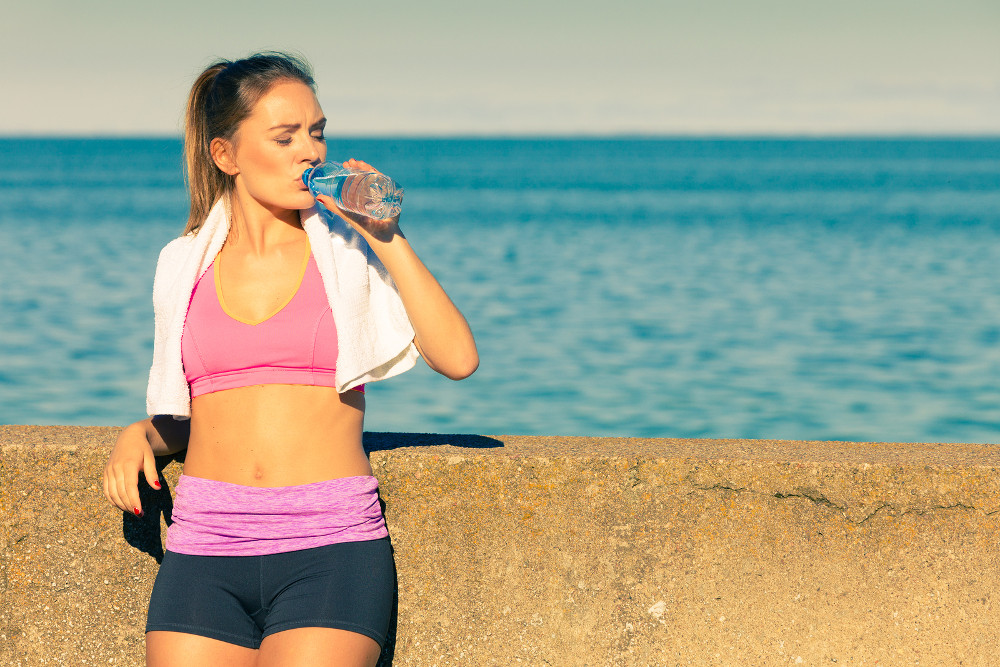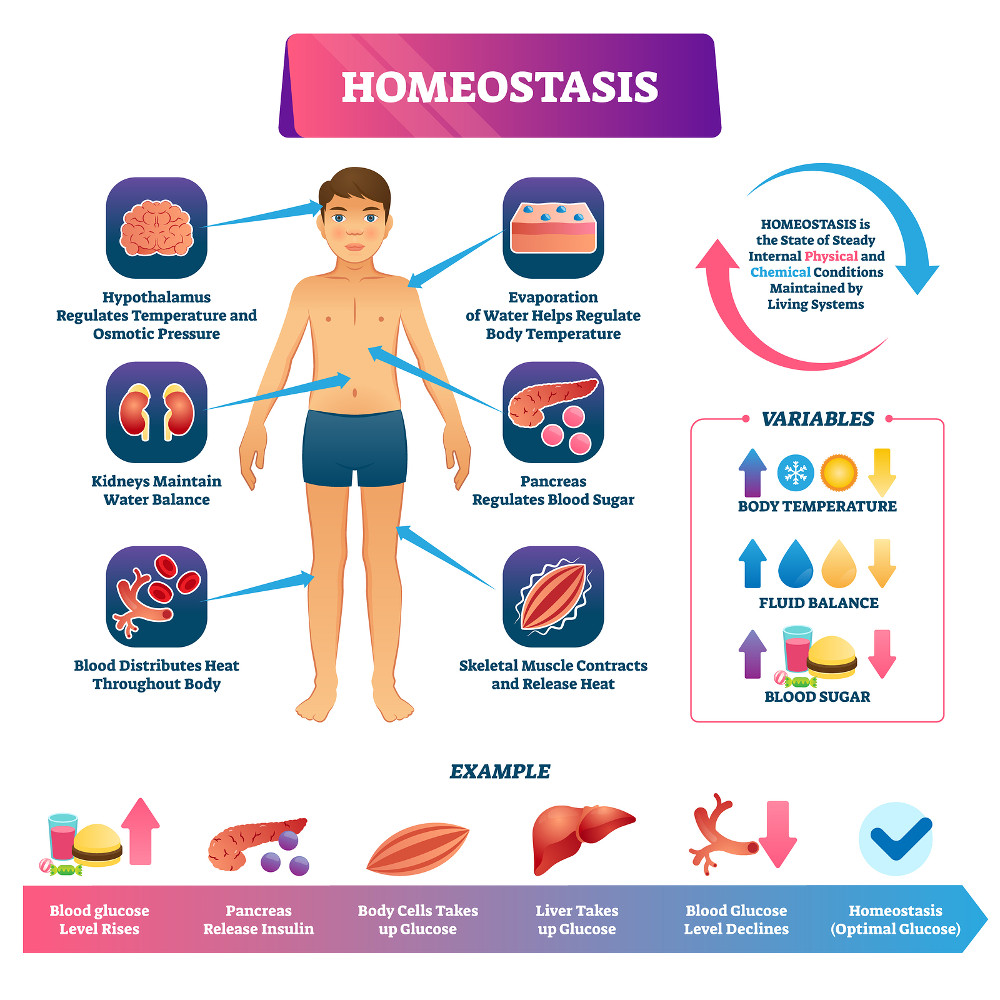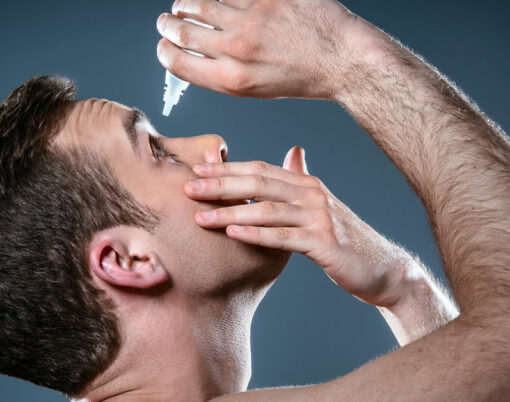Planning on joining that new luxury gym in time to kick off your new year’s resolution in style? Whether you’re new to the world of exercise or are returning after a long break, it pays to prepare yourself for what lies ahead – and, whilst a personal trainer and some new designer gym gear are both great places to start, knowing how to look after yourself pre and post workout is vital to your long-term success.
After any sweaty session at the gym, you can expect to feel dehydrated, hungry, and both physically and mentally tired. But don’t let that put you off – instead, just take it as a sign of the importance of thorough recovery.
Recovery plays a significant role in every training–adaptation cycle, regardless of whether you’re an athlete or an ordinary fitness enthusiast, and it’s essential that you give yourself time to cool down, rest, refuel and rehydrate.
Want to know more about why the post-exercise recovery phase is often more important than the workout itself? Then read on to find out.
Refuel

Working out depletes your glycogen – a derivative of carbohydrates and sugary substance used as a ‘fuel’ source, and helps your muscles to move. Muscle fibres are also torn during physical exertion, so refuelling should be done as soon as possible after exercising, especially if you haven’t eaten anything for hours before training.
And if you don’t? You may be in for fatigue, or potential injuries – if you don’t consume the macronutrients your body needs for muscle recovery in good time, then be prepared to pay the price.
According to Healthline, a good post-workout meal should be comprised of a good balance of carbohydrates and protein.
Carbs will help to rebuild your depleted glycogen stores and restore your energy levels. Typically, endurance training uses up more glycogen than other types, so you may need to up the carb content in your post-workout meal. Resistance training, either in a home gym – more information on barbend.com – or not, still requires an ample amount of glycogen, though not quite as much. Sweet potatoes, rice, quinoa, oatmeal, fruits, and dark leafy greens are some of the best options and are slow release carbohydrates that will help to maintain a steady blood sugar level.
Protein, meanwhile, is needed to help the body to repair and build muscle. Muscle protein breakdown is a normal bodily reaction that everyone, even well-trained athletes, experiences after physical activity, and consuming a sufficient amount of protein offers your body the amino acids it needs for muscle recovery.
Around 0.14-1.5 g of protein per 0.3-1kg of body weight is recommended to be taken as part of the post-workout meal. What’s more, ingesting protein together with carbohydrates increases muscle glycogen stores and speeds up muscle recovery.
Rehydrate

Muscle tissues contain 75% water, and up to 2% of this can be lost during a strenuous workout. It might not sound like much, but it’s easily enough to lead to dehydration, so it is important to sip on water throughout your session, as well as topping up again once you’ve finished.
When lean muscles don’t have adequate water, you will be more susceptible to muscle fatigue and loss of coordination. There are several important signs of dehydration to look out for, so pour yourself a tall glass of water or two if you notice you’re suffering from headaches, dry skin, lack of concentration or poor physical performance while working out.
In addition to the health risks of dehydration, inadequate water in the blood decreases blood volume and blood pressure. That’s why when you don’t drink enough water after a strenuous exercise, you’ll feel dizzy or extremely tired.
Be warned though, as it is possible to go too far the other way, too. Intaking too much water can result in low sodium concentration in the blood or hyponatremia, so choose post-workout drinks that contain added electrolytes to ensure you maintain the right balance of bluid both inside and outside of your cells.
Most trainers or coaches will monitor the hydration status of their clients individually because every person has different needs. For instance, some may have saltier sweat or others might be light sweaters. Other factors may also include gender, age, and the type of physical activity that you do. Hence, a safe hydration level will vary from person to person.
Restore homeostasis

Sweating hard, breathing heavily, a pounding heart and an increase in body temperature are all signs of a good workout session. However, the prolonged existence of these physiological factors isn’t such a good thing, and it’s important that homeostasis is restored in your body shortly after you’ve finished.
Homeostasis is commonly described as a “constant, steady environment despite external changes” such as working out. In simple terms, you can remember the abbreviation ‘MACIE’ or the Maintenance of A Constant Internal Environment.
Specific body conditions, such as blood sugar level, water content, and temperature, should be controlled as cells are reliant on a body’s environment. For example, a safe body temperature is known to be 37 degrees Celsius, at which enzymes can function optimally – while just one degree higher can throw your whole system out of whack.
Restoring your body homeostasis is vital, and requires you to refuel, rehydrate, and rest. So, take some extra time out to look after your body post-workout to ensure that you’re getting the most out of your sessions.






















